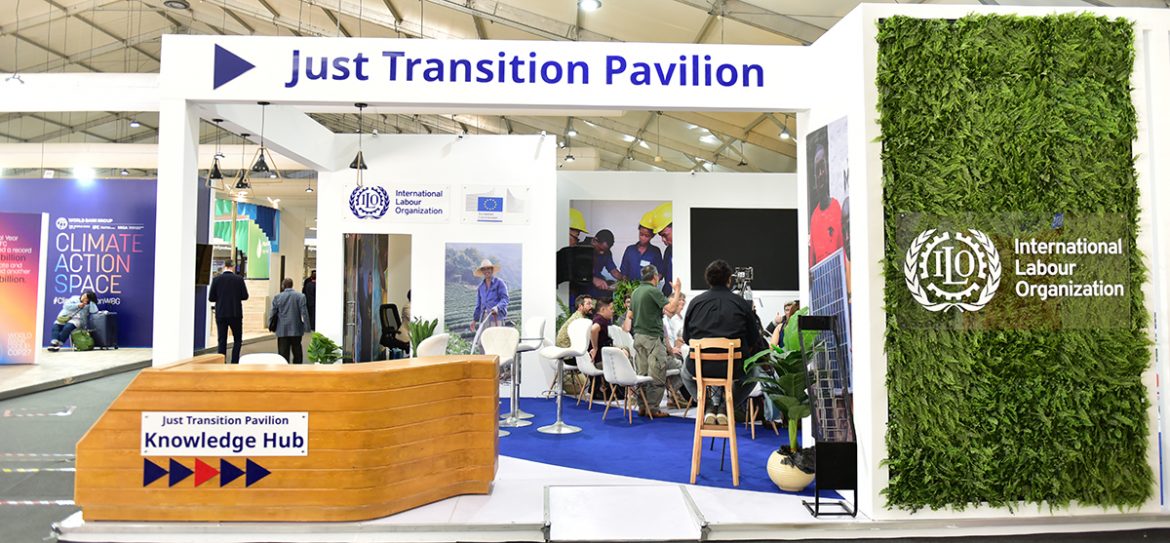The International Labour Congress (ILO) has commended the United Nations Climate Change Conference, which concluded on November 20 after two weeks of intense debate on a variety of issues pertaining to climate change.
The summit resulted in what has been described as a historic decision to offer “loss and damage” compensation for weaker nations who were severely affected by climate calamities. The participating governments also endorsed a set of decisions reiterating their commitment to keeping the increase in the global temperature to 1.5 degrees Celsius above pre-industrial levels.
In his reaction to the summit, Moustapha Kamal Gueye, ILO Global Coordinator for Green Jobs said that the outcomes of the summit will take the global community forward on collective action to implement policies to combat the impact of climate change.
He said “the conclusions include pathways to a just transition, based on meaningful and effective social dialogue, and recognizing the role of employment policies, such as social protection, in tackling the impact of climate change,”.
He explained that since the COP process began in 1995, the ILO has been leading efforts to include the social aspects of climate change in important international climate policy discussions, adding that the ILO oversaw more than 35 thematic events in a Just Transition Pavilion during the conference in Sharm El-Sheikh, Egypt.
The pavilion is said to have been created to draw attention to the social impacts of climate change transition and the significance of incorporating a just transition into adaptation and mitigation processes.
Among other things, events that held at the Pavilion included the unveiling of a Just Transition Finance Tool on Banking and Investment Activities, developed in collaboration with the Grantham Research Institute of the London School of Economics, to assist financial institutions in integrating a just transition dimension throughout their operations, as well as the launch of a new “Green Jobs for Youth Pact” initiative, which aims to help close the skills gap for young people.
Story was adapted from ILO.
